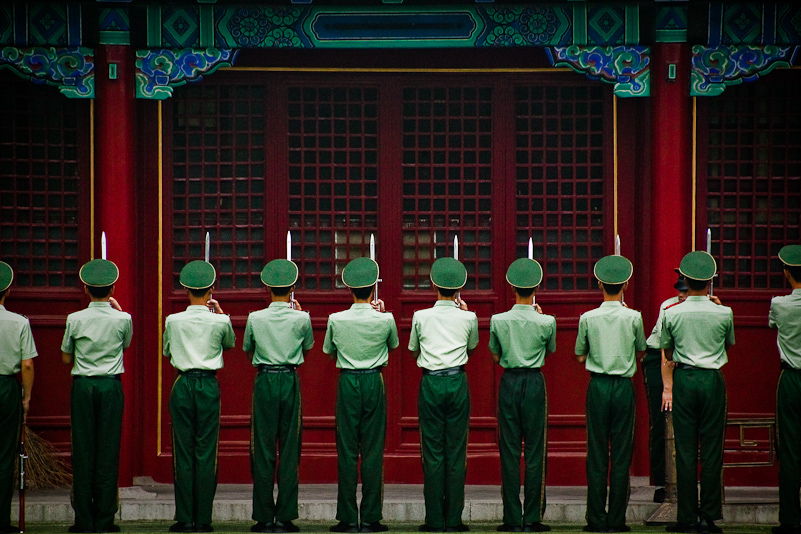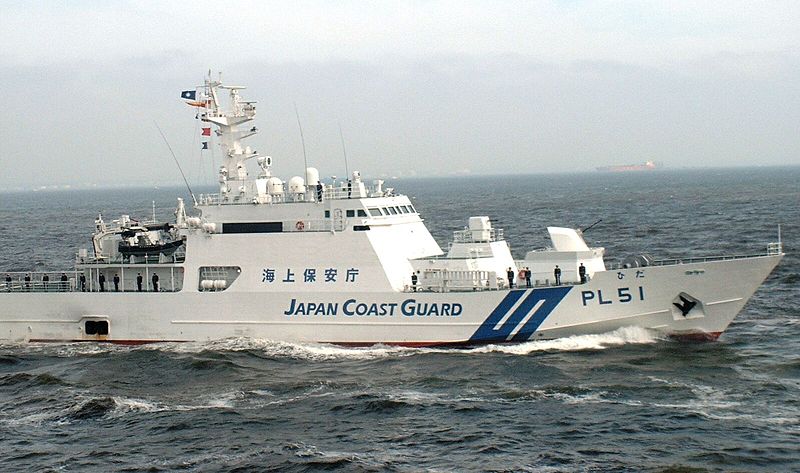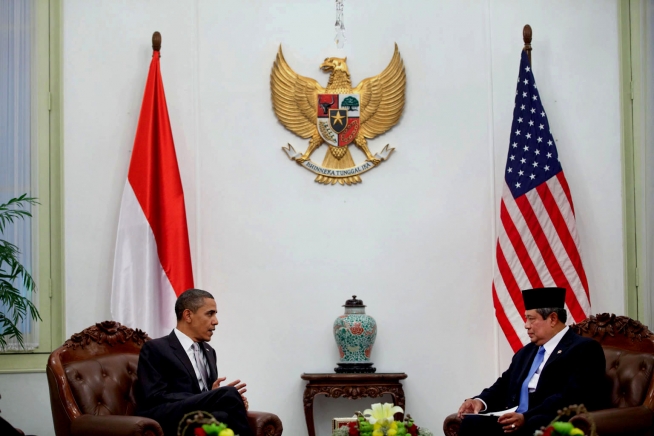Debating Australia’s Air Warfare Destroyers
 A lively debate has emerged on Australia’s $8 billion acquisition of three Hobart-class Air Warfare Destroyers (AWDs*). Some see the possibility that the new government in Canberra might add another AWD to this procurement order—though ASPI’s Mark Thomson has done an excellent job of setting out the counter arguments. Others have criticised AWDs as being both overly expensive and unnecessary in light of advanced anti-ship weaponry, with Hugh White being among the most vocal.
A lively debate has emerged on Australia’s $8 billion acquisition of three Hobart-class Air Warfare Destroyers (AWDs*). Some see the possibility that the new government in Canberra might add another AWD to this procurement order—though ASPI’s Mark Thomson has done an excellent job of setting out the counter arguments. Others have criticised AWDs as being both overly expensive and unnecessary in light of advanced anti-ship weaponry, with Hugh White being among the most vocal.
White even proposed scrapping larger destroyers in favour of smaller vessels armed with anti-ship weapons. He doesn’t specify the exact size of these vessels, which makes it difficult to directly argue against. But clearly, he’s talking about vessels with significantly less displacement than the 7000-tonne AWD or the larger frigates that are staple of both the British and Canadian naval fleets. He likely envisions a surface fleet composed of relatively small frigates, such as the 3,000-tonne Anzac ships—without the more formidable capabilities provided by either the AWD or even the remaining Adelaide-class guided missile frigates, which the AWD is designed to replace.








